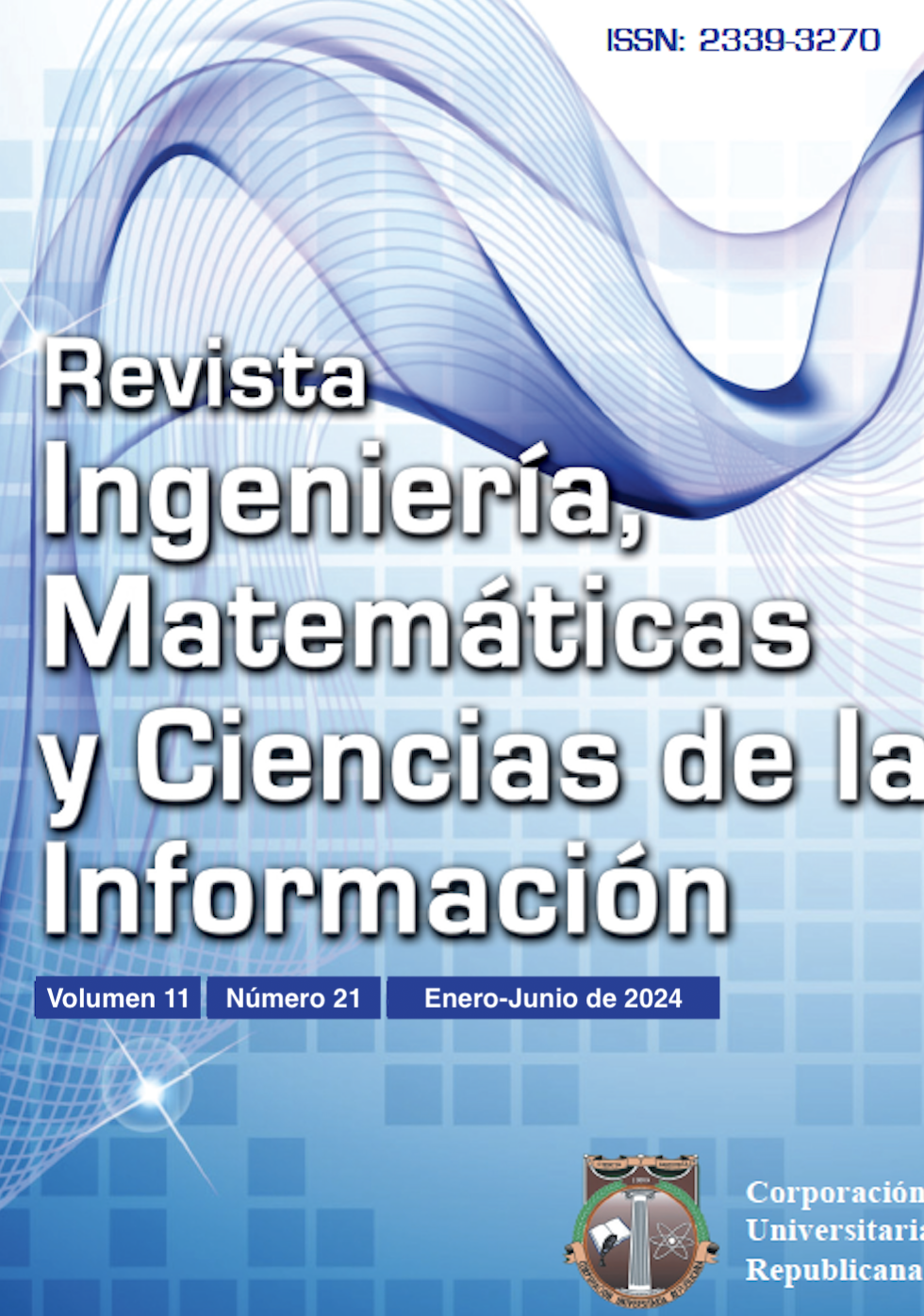Boosting mathematics self-efficacy: Exploring the transformative impact of using calculators
POTENCIANDO LA AUTOEFICACIA MATEMÁTICA: EXPLORANDO EL IMPACTO TRANSFORMADOR DEL USO DE LA CALCULADORA
Show authors biography
The purpose of this research was to evaluate whether the use of calculators contributes to improving students’ selfefficacy in the subject of Calculus I. The study involved 64 Engineering students, using the Sources of Self-Efficacy in
Mathematics Scale (SSEMS), a 24-item questionnaire. The participants enrolled in a virtual course that incorporated the topics of Differential and Integral Calculus and the use of the calculator, and the test was taken before and after the course. The results indicate that students experienced a significant increase in their self-efficacy towards mathematics after participating in the virtual course. Therefore, it is suggested that teachers actively promote the use of the calculator in the classroom, since this would facilitate the teaching-learning process.
Article visits 76 | PDF visits 63




